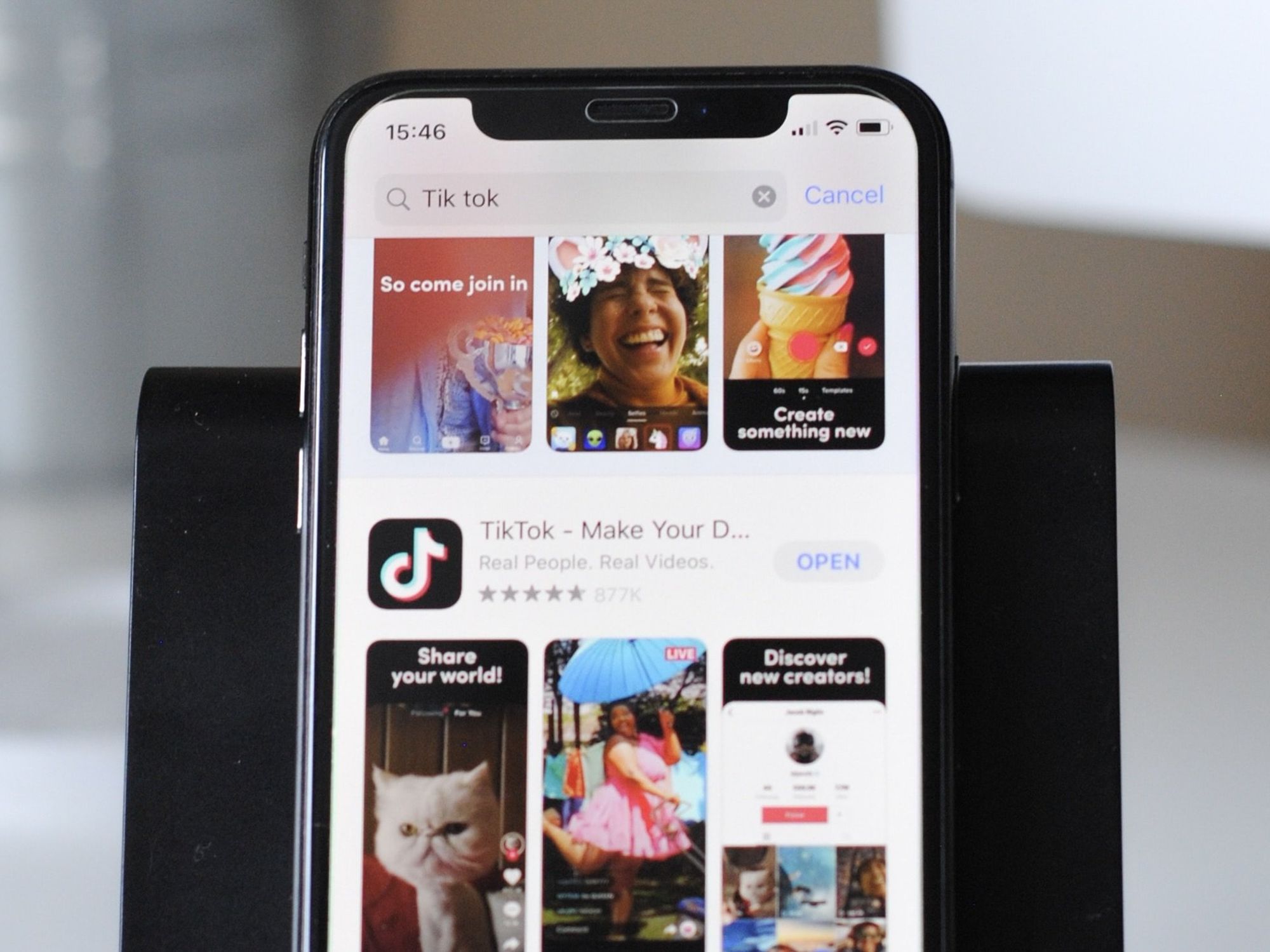Gen Z Hates Ads—Unless They’re On TikTok. Here’s Why
Kristin Snyder is dot.LA's 2022/23 Editorial Fellow. She previously interned with Tiger Oak Media and led the arts section for UCLA's Daily Bruin.

This is the web version of dot.LA’s daily newsletter. Sign up to get the latest news on Southern California’s tech, startup and venture capital scene.
TikTok is awash with ads. There are microinfluencers pushing products that fit the latest microtrend. There are celebrity influencers launching their skincare brands. Ads that look like they were re-purposed from high-quality videos. And ads that try to mimic casual influencer videos.
For the past few years, marketing agencies have fully shifted their strategies to prioritize TikTok. On the surface, this might seem contrary to what we know about Gen Z, which is that they hate ads. Digital consumer research firm Bulbshare found that 99% of Gen Z skips ads when given a chance, and 74% feel there are too many ads.
But TikTok ads hit differently. A Statista study from March found that 38% of TikTok users are okay with ads in exchange for being able to use the app for free. And 28% of people have bought products promoted by celebrities or influencers, which is 10% higher than other non-TikTok users. Considering that 60% of TikTok users are Gen Z, it’s clear that these percentages reflect young consumers’ habits more than any other demographic.
So what makes TikTok advertising more potent than other methods of reaching consumers?
In short, TikTok ads are so ingrained within the platform’s influencer culture ecosystem it’s nearly impossible to differentiate them from other pieces of content.
For example, an influencer’s get-ready-with-me video might highlight beauty products a creator was paid to promote or shove in completely unrelated products, like Pop-Tarts in a makeup tutorial. Because these videos look identical to many of the non-promotional content on an influencer’s account, paid promotions are indiscernible from those that are unpaid. Even videos created by brands sometimes look like they were filmed by influencers. In fact, the Statistica study found that 15% have difficulty distinguishing ads from unpaid content.
Naturally, with so much success on TikTok, brands have opted to use it as a starting point for new marketing campaigns. According to Glossy, TikTok is now the testing ground to see how video styles, tones and messages are received. Whatever works on TikTok is then re-purposed across other social media platforms, like Snapchat and Instagram.
But some brands are also trying to figure out how to integrate ideas that succeed on TikTok into other platforms. This has led to a particularly awful type of ad where something that was ostensibly filmed for TikTok is presented in the wide-screen format people are used to seeing on YouTube or on TV. Take this Tractor Supply Company ad featuring country music star Lainey Wilson riding a tractor. The company specifically made the ad, which aired during the November premiere of “Yellowstone,” to be “TikTok style” as a way to appear approachable and down-to-earth. In other words, even ads that don’t appear on TikTok are adopting the video-sharing app’s native style.
It’s unclear how successful this transfer of content is, or if someone watching TV is receptive to this video style. But it’s a relatively low-cost test since filming a “lo-fi” video for TikTok and then re-using it across other advertising channels is less expensive than creating unique content for each platform. - Kristin Snyder
- Chinese Spy Balloon Reminds Every Politician To Talk A Lot More About Banning TikTok ›
- TikTok Is Breaking the Traditional Digital Agency. Here’s How. ›
- TikTok’s Latest Ad Strategy: Let Brands Crowdsource Creators ›
- TikTok Is Giving Creators a New Way To Earn Ad Revenue ›
- Why Gen Z is Driving Less Than Past Generations - dot.LA ›
Kristin Snyder is dot.LA's 2022/23 Editorial Fellow. She previously interned with Tiger Oak Media and led the arts section for UCLA's Daily Bruin.




 Image Source: Revel
Image Source: Revel
